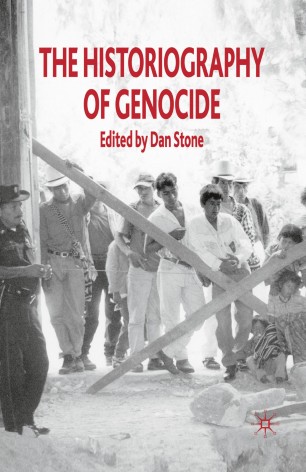Zimmerer, J. (2008). Colonial Genocide: The Herero and Nama War (1904–8) in German South West Africa and its Significance. The Historiography of Genocide (pp. 323-343). Palgrave Macmillan, London.
Abstract
With these words the German Minister for Development and Economic Cooperation, Heidemarie Wieczorek-Zeul, officially apologized on 14 August 2004 in Omahakari, Namibia for the atrocities committed a century earlier by German imperial troops. Hundred years after the genocidal warfare conducted by the Schutztruppe in German South West Africa, in which the German colonial army deliberately killed thousands of Herero and Nama men, women and children; let even more die of thirst in the Omaheke desert; and murdered thousands more by deliberate neglect in concentration camps, the German government officially acknowledged these crimes. To my knowledge it is the first and only apology by a high-ranking member of the government of a former colonial power referring to genocide for colonial crimes. This acknowledgement of historical guilt and the application of the term genocide3 not only changed the landscape of memory in Germany but can also be considered a landmark event in dealing with genocides in the colonial context.

